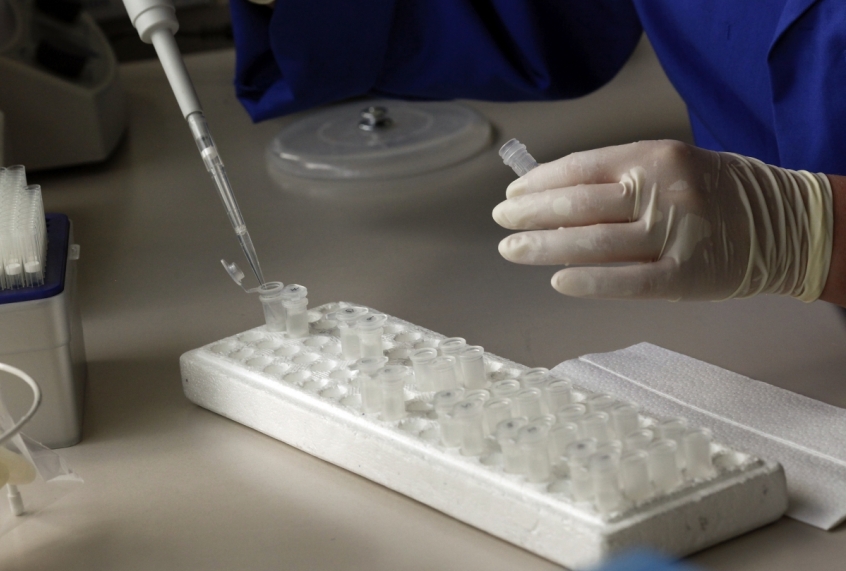
The National Institute of Health (NIH) has lifted its prohibition of risky experiments that could make influenza and other similar viruses more dangerous and easier to spread.
Called "gain-of-function" (GOF), there has been a great debate about the risks and benefits of this kind of research. While tweaking a virus could certainly help scientists understand diseases better, this could also cause a massive, deadly human-made pandemic.
This has reportedly happened before with government laboratories mishandling sensitive diseases like anthrax, bird flu, Ebola, and smallpox.
Three years since NIH suspended its funding of GOF experiments, the health sector has finally crafted a stricter policy so that the experiments could be continued without endangering lives.
"We have a responsibility to ensure that research with infectious agents is conducted responsibly, and that we consider the potential biosafety and biosecurity risks associated with such research," said NIH director Dr. Francis Collins.
He added that they now have a more "transparent and clear policy."
Collins said the NIH understands that the GOF research is important in helping them "identify, understand, and develop strategies and effective countermeasures against rapidly evolving pathogens that pose a threat to public health."
With this new set of guidelines, researchers hoping to get grants for their mutation experiments will have to go through an extra layer of review, from "multidisciplinary group" in the Department of Health and Human Services, before they either get approved or denied.
NIH first banned GOF experiments in October 2014 after a series of mishaps in government labs handling anthrax and avian flu, making NIH realize that even facilities with the best biosafety and biosecurity can make deadly mistakes.
The ban paused mutation researches on almost two dozen experiments on three types of viruses: influenza, the Middle East Respiratory Syndrome or MERS, and severe acute respiratory syndrome or SARS.













